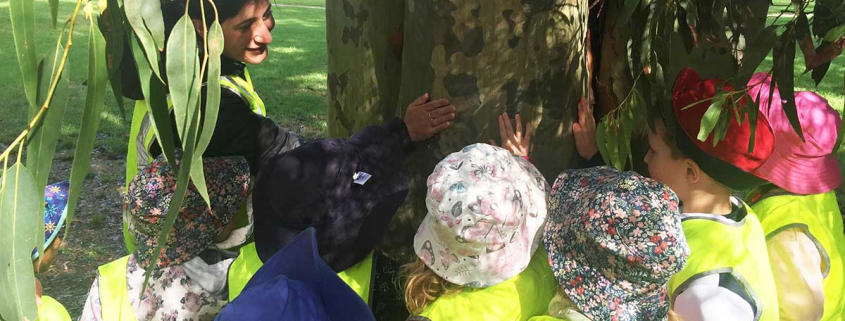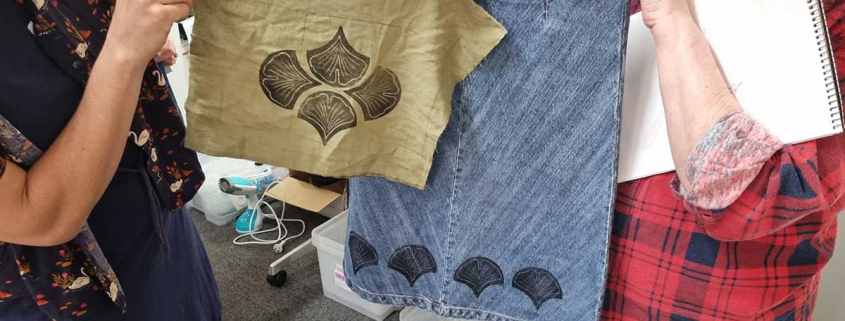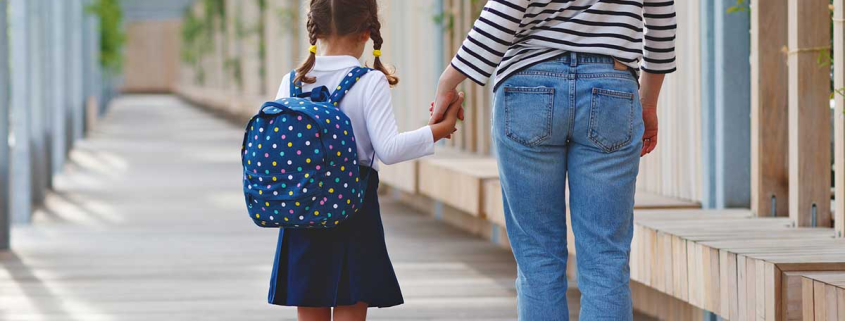Unlock Their Potential: Cire’s Junior Years Program
In a world where education is more than just academics, childhood development and learning benchmarks are rapidly changing. No longer can we rely on a standardised approach to education; each child deserves a tailored system that recognises their unique potential and cherishes their distinctive learning style. Cire Community School’s Junior Years Program is an innovative […]
Nourishing Young Minds with Healthy and Sustainable Menus
Are you tired of battling fussy eaters and worried about the nutritional value of the food your children consume? If so, you’re not alone. Many parents, guardians, and grandparents share your concerns. That’s why we’re excited to introduce you to Lara, our new cook at Cire’s Mt Evelyn Early Learning Centre, who is revolutionising how […]
Community Road Safety High on the Radar
Road safety for all has been a focus at Cire Community School in recent weeks with the delivery of Changing Gears, a tailored pre-Learner driver education program, and also a Looking After our Mates (LAOM) presentation. The sessions were funded through Community Road Safety Program (CRSP) grants from the Department of Transport and Planning. The […]
Vasili’s Garden and Cire Students: A Partnership in Learning
For over six years, Cire has proudly contributed to Vasili’s Garden to Kitchen, a quarterly magazine distributed nationally, including New Zealand. It is headed by celebrity gardener Vasili Kanidiadis, known for his gardening show on 7+ and range of branded gardening products. The magazine features Cire students who have crafted themed recipes and prepared dishes […]
Kayla’s Courageous Journey to Achieving Her Dream – Part 2
In mid-last year, I had the privilege of meeting an extraordinary young woman named Kayla. I posted Part 1 of her story, where she shared her inspiring journey of moving from her hometown of Cairns to the Yarra Valley, where she enrolled at Cire Community School. This move marked a significant turning point in her […]
Changing Gears helps drive success for students
Changing Gears, a tailored pre-Learner driver education program, continues to have a huge impact on Cire Community School students with a close to 100% success rate following the most recent course at Monbulk campus at the end of Term 1. Not only do students gain the knowledge and confidence to sit for their Learner’s permit […]
Exploring the Great Outdoors with Cire Bush Kinder
At Cire Early Learning, we believe in the importance of incorporating nature into our curriculum. Our Bush Kinder program at our Yarra Junction Centre has been a staple for over two decades, providing countless opportunities for children to explore, learn and grow. Due to this, we’re thrilled to expand this program to Chirnside Park, Mt […]
FICE Upcycling for a Better Future
In a world where the condition of our planet is on everyone’s mind, upcycling—the creative revamping of old and discarded materials—has emerged as a crucial channel for environmental stewardship and personal expression. The concept of upcycling is not merely about transforming materials; it’s about crafting a better future, one stitch, one paintbrush stroke, at a […]
From Kindergarten to Prep – A Big Step for Your Child
Transitioning from kindergarten to primary school is a pivotal moment in a child’s life, marking an academic milestone and a significant step towards greater independence and self-discovery. As a parent, guiding your little one through this transition can be both exciting and daunting. This comprehensive guide is designed to support you as you prepare your […]







